Friday Focus: Jane Fletcher Scadden and “Six Degrees of Separation”
By Christopher Osborne,
Silvergrain Classics – the analogue photography magazine.
In this week’s Friday Focus we talk to New Zealand photographer Jane Fletcher Scadden.
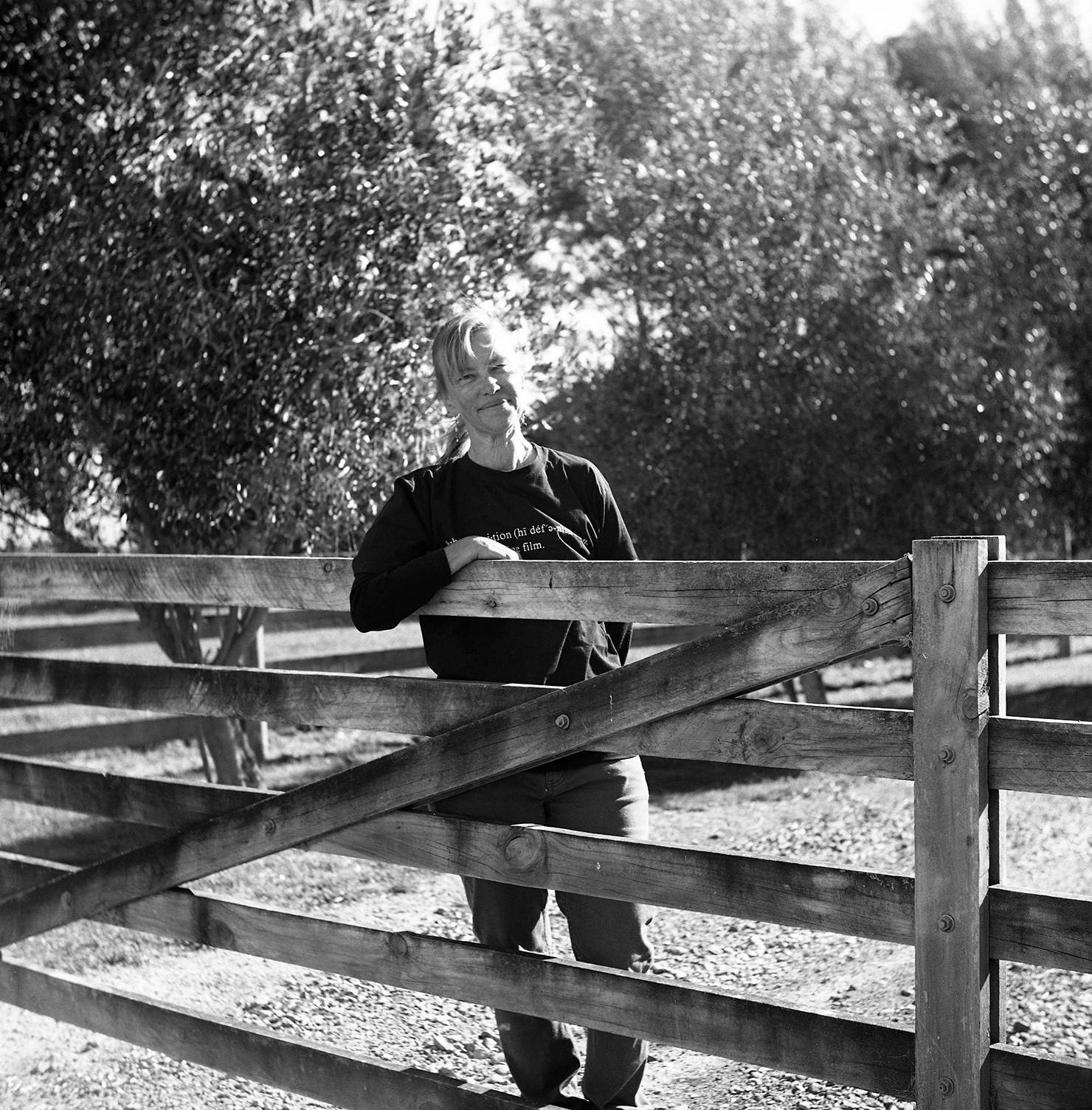
Jane Fletcher-Scadden at her home near Carterton, New Zealand.
She spent Lockdown printing in a darkroom housed in one half of a container in the backyard. During this period, she made portraits of the neighbours across the fence and gifted them the prints.
The other half of the container houses her husband Brian Scadden’s collection of historic cameras and daguerreotype and ambrotype images. Brian is a well-known figure in the New Zealand historic photography scene. Jane met Brian when she attended a wet plate course he ran six years ago. They are now happily married and share a joint passion for photography.
Describing the experience as colourful, raw, alive, she is still amazed at how people lead ordinary lives amongst the chaos that is life in an Indian city. She describes scenes of “noise and dogs. And people who were just so happy. We always stopped to talk and had a joke with them”.
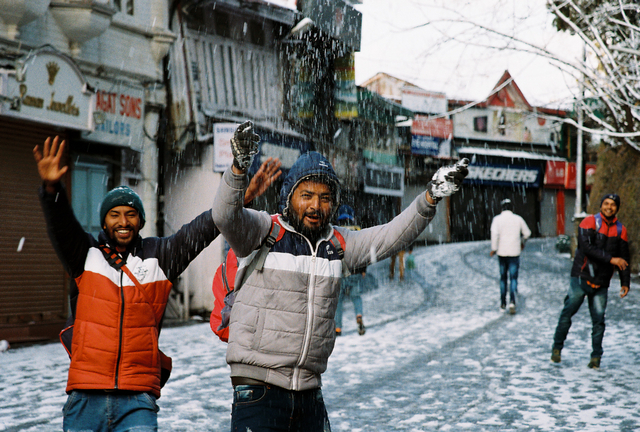
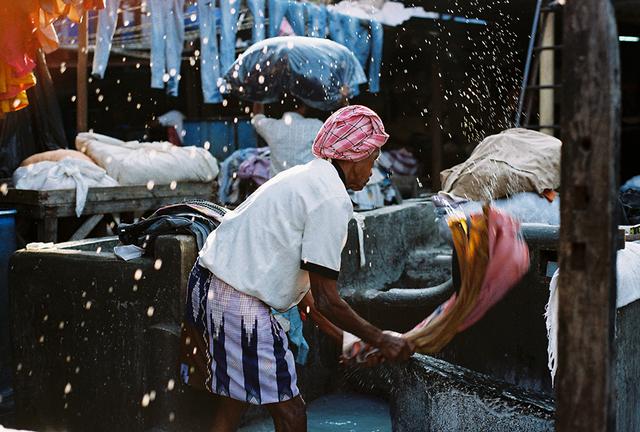
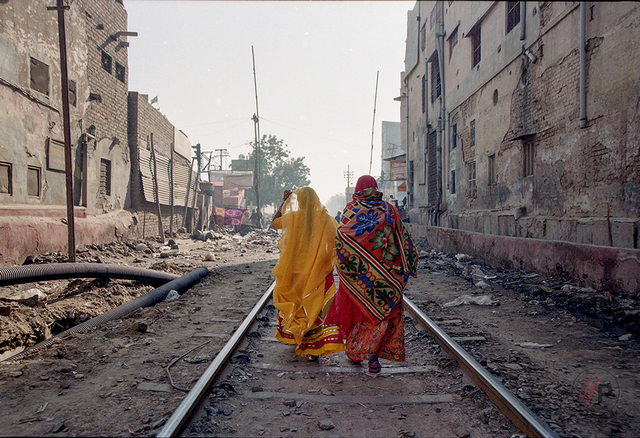
As early as 1929, the Hungarian writer Frigyes Karinthy speculated that anyone in the world could be connected to anyone else through a chain consisting of no more than five intermediaries. Add in the last person in the chain and this is equivalent to six degrees of separation.
In 2016 Jane won a grant from the Creative Arts Council of New Zealand and her project “Six Degrees of Separation” came into being. She made six series of images, each of six people. Jane chose the initial sitter from six categories; child, youth, business, sport, iwi (Maori for family lineage) and the elderly. Each sitter then nominated the next sitter until a chain of six portraits had been made in each category. They had to be Carterton residents, known to the sitter on a first name basis but not be a family member.
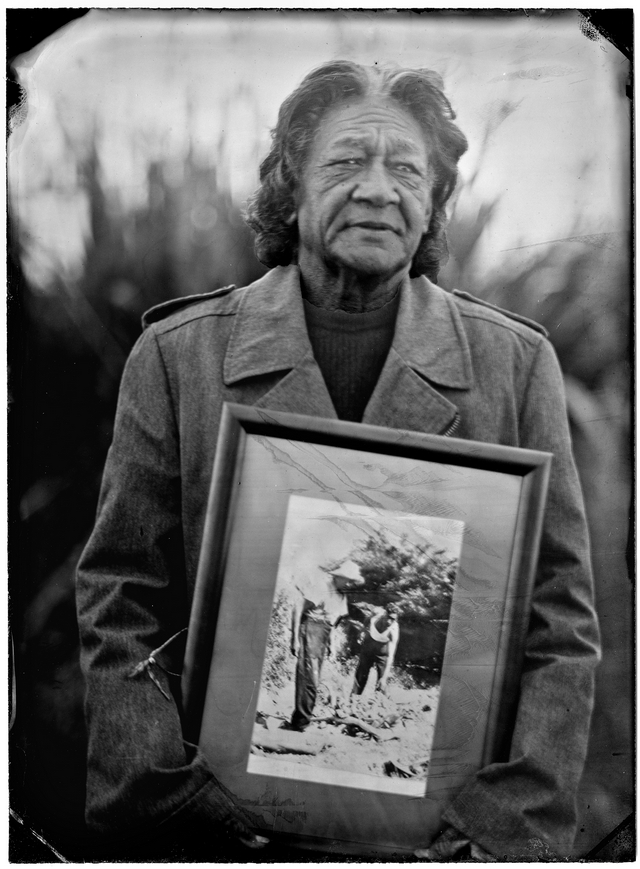
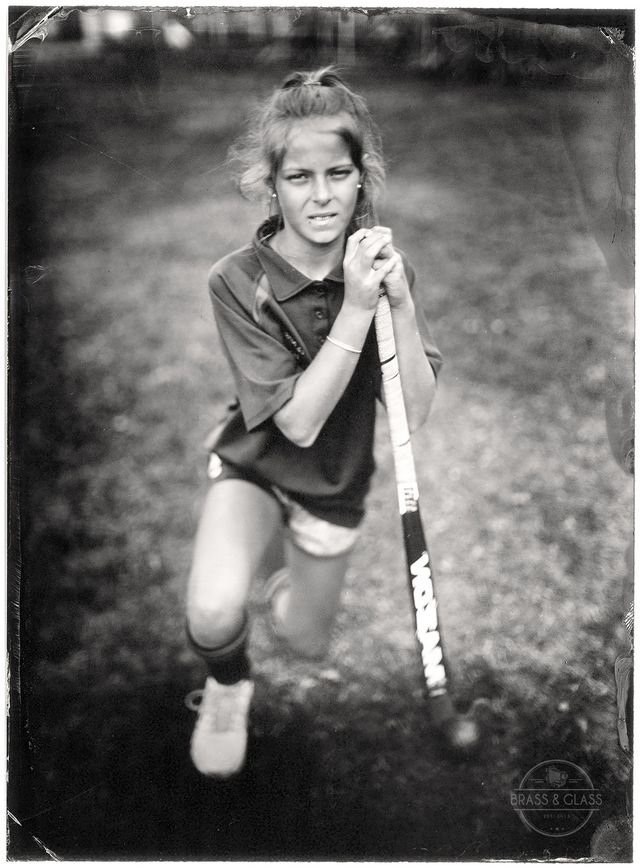
In the event, only one chain connected. A schoolgirl nominated her friend who in turn nominated a sports coach, who nominated another coach, who nominated a builder who nominated another builder. It turned out that the girl’s mother had worked with the second builder’s wife. So that probably adds up to eight degrees of separation!
Today the collection is held at the Masterton Archives, and in 2017 an accompanying book was published.
I asked Jane what is next. She and Brian had plans to return to India, however, they aren’t sure when they will be able to return.
She has another project idea forming, “Love on the Lines”, in which she wants to seek out people who met through the local Wairarapa railway line and went on to form lasting relationships. The idea was sparked by one of the sitters in the “Six Degrees of Separation” series was photographed holding a portrait of her late husband who she had met on a train. It is a very interesting idea, but she “doesn’t have as much downtime as she had in 2017”.
All images © Jane Fletcher-Scadden 2020
We have a small favour to ask. We want to make these online articles free to the world. We see it as our contribution to the photographic community. You can help by subscribing to our awesome analogue photography magazine – https://shop.silvergrainclassics.com/subscriptions/
